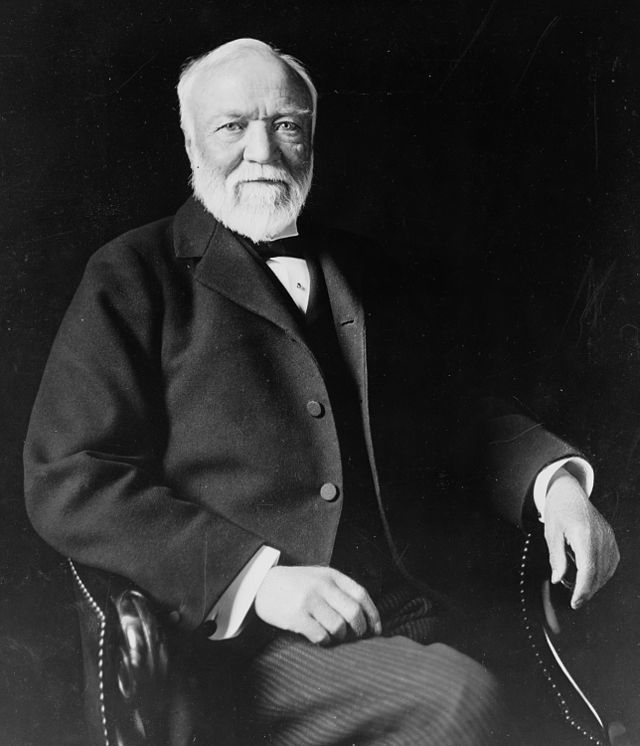Singapore places significant emphasis on Science, Technology, Engineering, and Mathematics (STEM) education, with the government investing in research and development to foster innovation and technological advancements.
The educational system in Singapore follows a structured progression: six years of primary school are followed by four to six years of secondary school, and then one to three years of postsecondary education. At the beginning, the primary school curriculum is uniform for all students from years one to four. Once students reach years five and six, they have the option to take individual courses at either the foundation or standard level, with foundational courses designed to provide greater support.
When you were studying, did you feel the pressure of local education? Did your parents highlight how important and hefty education was?
Recent research by economist Kirabo Jackson and colleagues highlights that certain schools excel not only in raising standardized achievement test scores but also in cultivating interpersonal skills such as assisting others, as well as intrapersonal skills like effective time management for studying. In a Forbes article penned by Jacquelyn Smith, the concept of adults returning to school for career enhancement is explored. The article cites Laura Vanderkamp, an author, who suggests that many individuals believe further education can aid in achieving career aspirations, such as higher earnings, career advancement, or transitioning to a new field.
Pursuing an undergraduate or graduate degree equips individuals with applicable skills and knowledge for their professional roles. For instance, a business administration degree program imparts best practices in accounting, facilitating a comprehensive grasp of the financial aspects of one’s work. Similarly, a management program teaches principles of leadership and conflict resolution. This knowledge encompasses both factual and practical dimensions, proving valuable in current roles and future ambitions.
Beyond factual knowledge, these academic pursuits impart nuanced yet crucial skills, often referred to as “soft skills.” Proficiency in communication, teamwork, critical thinking, and problem-solving are integral parts of this skill set. You can use these soft skills to further improve your approach at work. These abilities contribute not only value to an organization but also establish a foundation for personal growth, providing individuals with the readiness and competence to take progressive steps toward their aspirations.
Research co-authored by Nobel Prize-winning economist James Heckman underscores the significant role of personality in predicting success. Academic grades capture personality traits like determination, diligence, and self-discipline—attributes conducive to achievement. In contrast, IQ alone merely accounts for 1% to 2% of income disparities.
Although links between academic performance and career success exist, notable gaps persist. Leadership and comfort with risk, crucial traits for reaching the pinnacle of business success, aren’t fully reflected in grades. Nevertheless, education instills a robust work ethic. An article from Six Sigma Online at Aveta Business Institute emphasizes the positive message conveyed by ongoing education:
The initiative to expand one’s knowledge is highly regarded by supervisors and business executives. Such a proactive attitude signals an individual’s potential to contribute further to the company’s growth.

Image Credits: unsplash.com
Demonstrating a strong work ethic and unwavering commitment to goals fosters management’s optimism regarding an individual’s sustained success within the professional environment.
As you can see, education plays a crucial role in shaping a person holistically. This encompassing development encompasses facets such as personality, work ethics, soft skills, knowledge, and more. These elements collectively empower individuals to thrive in their careers.









